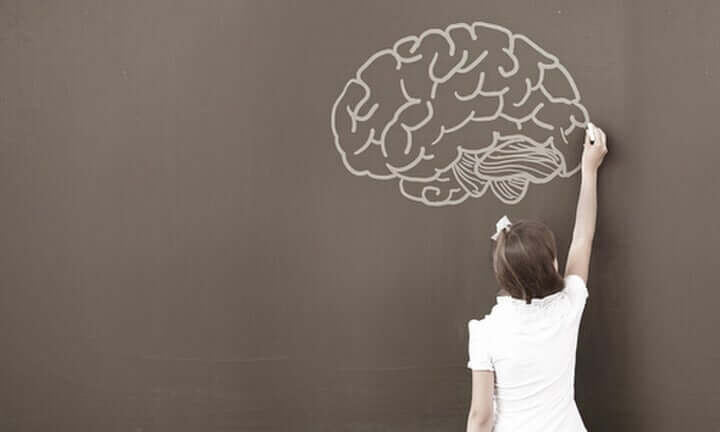In recent decades, interest in children’s learning and developmental problems has increased, thus the neuropsychology of the child’s development, a discipline that addresses the relationship between the maturation process of the central nervous system and behavior during childhood (1). This discipline of neuropsychology focuses on the evaluation of neurodevelopment in the prevention and early detection of possible disorders (2).
Chávez (2003) states that in order to determine if a child has neuro developmental problems it is important to know the normal organization and development of the central nervous system, in fact, knowledge of the nervous system and its development is the basis of the prevention and detection of different disorders.
- Also.
- Rains (2003) refers to changes in the nervous system and cerebral maturity from pre.
- Perinatal and postnatal causes.
- Changes that.
- In almost all cases.
- Lead to neuropsychological disorders in children and.
- In addition.
- If not detected in time.
- Can increase the sequelae: that is why the authors emphasize the importance of neuropsychology of childhood development.
Other authors, such as Weber and Reynolds (2004), point to the influence of environmental factors on brain development, so they conduct studies that analyze the association between brain plasticity and traumatic events in childhood. In states, among children abused annually (traumatic event), between 27% and 100% develop physical, behavioral, social, cognitive or emotional problems.
The study of neuropsychology of the child’s development focuses on risk factors and possible psychopathological and neuropsychological disorders that these can cause in boys and girls (1).
According to the authors Cuervo and Ávila, the etiology of childhood brain damage can be categorized according to several indicators and when they occur:
Hence the importance of a comprehensive medical history in the evaluation, which should include all information on developmental characteristics and conditions during the first years of life, some authors (5, 6, 7) classify the main causes of head trauma by type of injury. In:
These authors emphasize the importance of brain plasticity and neuropsychological maturity in childhood to assess the sequelae and recovery from an injury.
Some authors (7) argue that the neuropsychology assessment of childhood development is not the same as that of adults, the main goal of developmental neuropsychology is to study the development of cognitive functions and their relationship to brain maturity throughout life. child development focuses on:
Neuropsychological maturity is defined as the level of organization and maturation development that allows the development of cognitive and behavioral functions, depending on the chronological age of the person, highlighting changes in development, especially in childhood.
Thus, the assessment and intervention of neuropsychology of the development of the child should be based on specific objectives, depending on the age of the child (1).
In childhood, the etiology of neuropsychological disorders can be placed in two groups (1):
In conclusion, it is clear that neuropsychological intervention for child development should be comprehensive, in societies such as the current detection, rehabilitation and stimulation of functions that promote neuropsychological maturity are urgent, so it is important to develop disciplines such as neuropsychology of child development, with the aim of protecting the health of the child.

